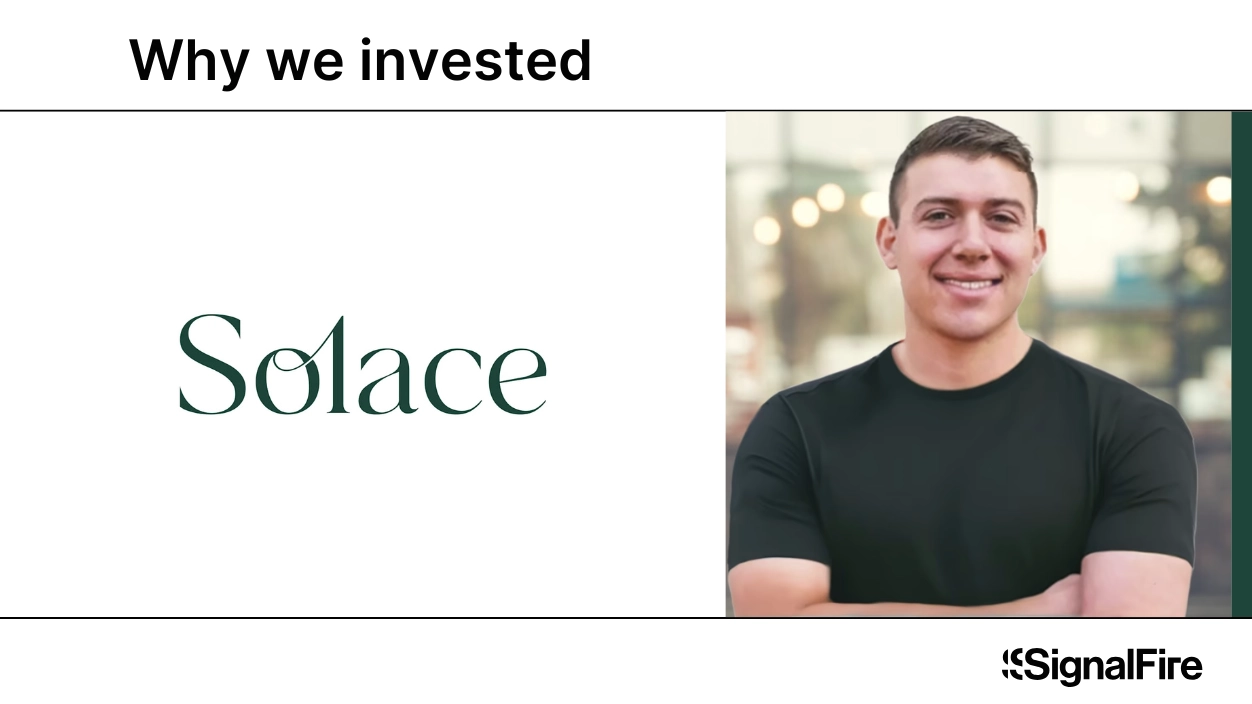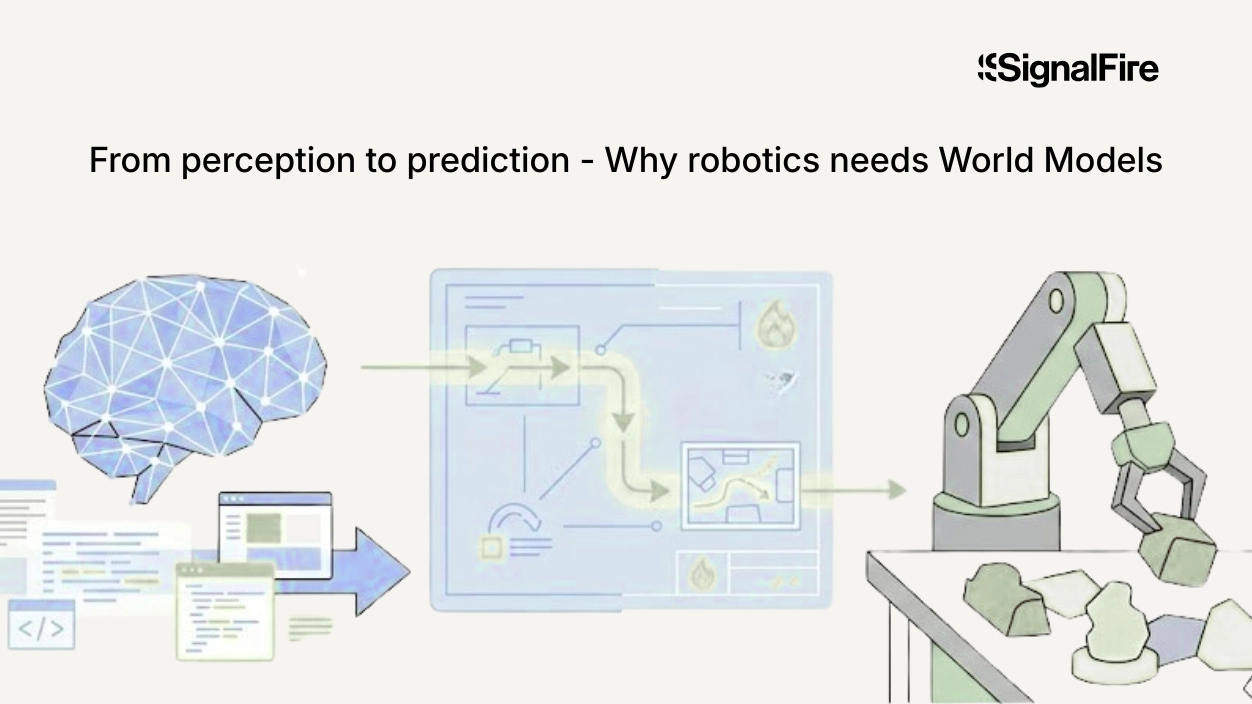
AI has mastered a language that’s challenged humans for hundreds of years: legalese. Its dense jargon and meticulous specificity make a formidable barrier to understanding for the layman, and it’s one reason for hiring expensive paralegals. Large language models are still chasing parity with humans, but “legal language models” are arguably better suited than people for interpreting and writing legalese.
Legalese shares more in common with programming languages than it does with how we speak and read. It's rule-based, highly structured, and a misplaced comma can dramatically alter the interpretation of a clause. For humans, navigating the dense forests of legal documents can be daunting and time-consuming. For AI, however, it's just another dataset to parse. Fine-print specifics and the intricacies of legal code are very much the language of computers.
Takeaways:
- AI is better suited to interpreting legalese than humans, and recent advances unlock its ability to write new legal documents, which could make legal services cheaper, fairer, and more accessible.
- Willingness to adopt legal AI depends on the business model. It could cannibalize firms that bill by the hour. But it could be embraced by those that earn a percentage of settlements (like personal injury lawyers) or in-house counsel trying to avoid hiring or contracting help. Long-term, it could push the industry away from the billable hours model.
- SignalFire is looking to invest in AI products that can read and write legal docs, have quality control, build up proprietary datasets, tackle unbilled inefficiency, provide whole solutions that don’t require heavy integration, and assist with prioritizing and winning cases.
From reading to writing: AI’s evolving role in law
In its earliest iterations, AI made waves in the legal profession as an efficient tool to extract summaries from large datasets using traditional machine learning approaches. Today, advancements in generative AI have granted machines an even more transformative role: that of a writer. AI can now generate new legal documents based on data extracted from existing ones. The potential here extends beyond merely reducing time spent on manual research and document review tasks—it paves the way for a more efficient, cost-effective end-to-end legal process.
For example, SignalFire portfolio company EvenUp has mastered legalese to help attorneys get justice for personal injury victims. EvenUp’s enterprise SaaS for lawyers uses a combination of traditional ML techniques to annotate the data across a wide range of documents spanning medical bills, doctor’s notes, police reports, and more. But EvenUp also applies generative AI to author demand packets—a lengthy document that often spans hundreds of pages outlining the defendant’s liability, the victim’s injuries, as well as current and future expenses—which form the basis of a demand for compensation. These letters are highly standardized, but can require days of research by lawyers.
EvenUp automates away hours or days of work lawyers spend on the demand letter writing process, which is particularly important in certain class-action lawsuits that could require a mountain of written documents and background research. By analyzing a massive proprietary dataset of private settlements from law firms they work with, EvenUp gives lawyers the benchmarks to negotiate fair compensation for victims.
This all results in better written demand packages that generate more revenue with immediate time and cost savings for personal injury law firms, and ultimately better outcomes for victims of motor vehicle accidents, police brutality, child abuse, and natural disasters. This is just the start of a massive overhaul of the legal industry, and we’re actively looking for startups that are not only using AI to extract data from case files and interpret legalese, but also author legal documents.
Aligned interests: Where AI meets billing structure
The integration of AI in law is not without its challenges. Most law firms have been slow to adopt technology out of concern that it could potentially cannibalize their billable hours. But certain areas of law such as personal injury, where firms absorb risk and related costs by taking a percentage of settlements, have been more open to embracing AI.
 |
There’s also an opportunity to serve in-house counsel, who often partner with external counsel on specific issues and are more economically motivated to save hours through automation to cut costs. SignalFire portfolio company Tome is bringing relief to overworked in-house counsel at venture capital firms and startups, beginning by decoding SAFE notes that are highly standardized but often high volume with fast turnaround times.
Shifting paradigms: The impact of AI on legal billing
In the long run, could AI actually catalyze a paradigm shift in legal billing? The legal profession has long been tethered to the billable hour, often to the chagrin of clients and even attorneys themselves.
Law firms that bill for every hour worked may need to be convinced that increased accuracy and improved outcomes driven by AI will lead to improved client retention, beyond just saving money. By overpowering the incentive for opposing legal firms to engage in protracted low-stakes disputes purely so they can accumulate billable hours, AI could revolutionize the client-attorney relationship and the nature of legal work itself.
In this era of technological disruption, AI's penetration into the legal domain has transformative potential. By becoming proficient in legalese, offering end-to-end workflow solutions, and aligning with client billing structures, AI is poised to change the way law firms operate and serve their clients. The age-old complaints about billable hours and inefficient legal processes might soon be a thing of the past, all thanks to AI's growing command of legalese and its wide-ranging applications in the legal profession.
What SignalFire is looking for
We are in the very early stages of AI reinventing the legal industry, and SignalFire will continue to seek to partner at the earliest stages with companies that are building:
- AI that can both read and write, combining traditional ML and newer generative AI
- Automation of end-to-end legal services (such as demand packet authoring for EvenUp), since law firms lack robust software integration teams
- Internal automation paired with a robust QA operation that creates a transformative offering, combining speed and quality
- A proprietary dataset that turbocharges automation, deep integrations into existing tooling, and/or complex workflows that serve as strong, vertical-specific moats
- Solutions that tackle large pools of inefficient, manual, and repetitive labor in areas that have the incentive to realize productivity gains, like saving costs on external counsel, or increasing efficiency in areas like personal injury or immigration, where lawyers charge on a per-case basis
- Tools that help law firms sort through, prioritize, and tackle cases with the most merit, reduce unbillable internal spend, improve their case win rate, and expand payouts/settlements
If you are a company that fits these dimensions, we’d love to hear from you at startups@signalfire.com.
*Portfolio company founders listed above have not received any compensation for this feedback and may or may not have invested in a SignalFire fund. These founders may or may not serve as Affiliate Advisors, Retained Advisors, or consultants to provide their expertise on a formal or ad hoc basis. They are not employed by SignalFire and do not provide investment advisory services to clients on behalf of SignalFire. Please refer to our disclosures page for additional disclosures.
Related posts

Why we invested in Solace: Making healthcare advocacy a standard of care

The missing piece in robotics: A model of the world



